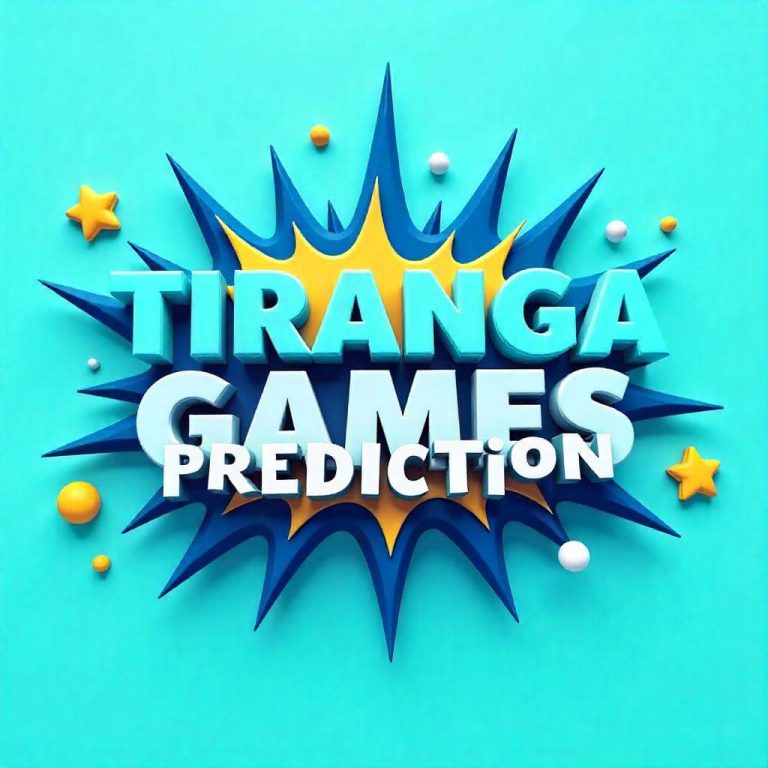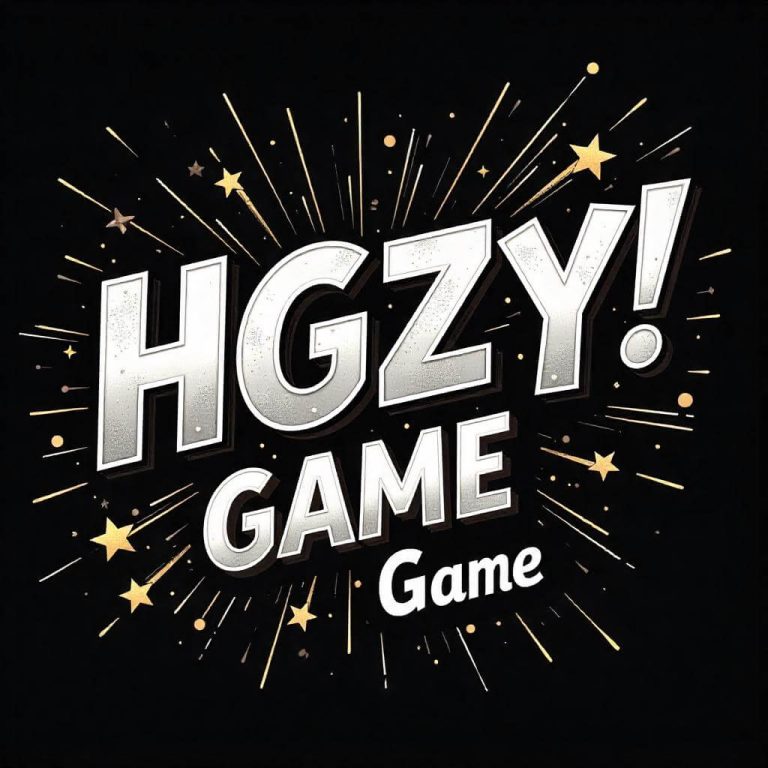
The emergence of apps like 92 Pak, which offers real-money gaming opportunities such as color prediction, Aviator, and other digital betting games, has transformed Pakistan’s entertainment industry. While aiming to earn easy dollars, people have flocked to these apps, leading to obvious sociopsychological concerns.
This blog discusses the pro-social behavior, cultural dynamics as well as the mental health effects of 92 Pak and its implications for the users, families, and the government’s policymakers.
The Appeal of 92 Pak: Dopamine and Rewards in the Digital World
One of the reasons behind 92 Pak’s success is the ability of the platform to provide anger management since it attracts users to the realm of instant satisfaction through real money games. The ability to gain money swiftly through transactions like gold prediction or crash games activates the brain’s pleasure center, the dopaminergic system.
Winning becomes addictive behavior because it is a learned response to receiving reward and small gains.
This is seen with a plethora of younger users trapped in a mindset of’ “only one more attempt!”
This process of reward feedback—such as what is prevalent on slot machines or through online gambling—can lead to habitual play even when participants experience net negative outcomes.
Behavioral Psychology: The Illusion of Control
Many of the games found on 92 Pak are based on chance, but they give players the illusion of control. For instance, in color prediction games, players often think that there are recognizable patterns which, when analyzed, can be cracked with a clever approach. This can lead to the so-called “gambler’s fallacy” – believing past outcomes dictate future results.
This illusion of predictability encourages users to continue playing even after exceeding their intended limit.
A lot of users trying to “recover” their losses continue playing in hopes that the next game will somehow “offset” the previous one.
The absence of logic in such action skews the thought process when it comes to making financial decisions. This is particularly harmful for lower-income people trying to make money quickly, as it leads them to take dangerous financial risks.
Social Influence: Peer Pressure and Online Communities
Community influence and peer pressure are critical factors contributing to the increase and popularity of 92 Pak.
Promotion of “success stories” and tips within Telegram, WhatsApp, and Facebook groups sets unattainable standards.
When users post winning results, they feel validated and simultaneously get trapped inside a cyclic competition where everyone tries to outdo the other.
Referral programs invite users to bring their friends and family to the platform, thus creating a self-reinforcing network effect that strengthens participation.
While some may benefit, many become victims to the never-ending social comparison and, as a result, end up spending more time and money.
Economic Psychology: From Fun and Games to Sheer Desperation
Apps like 92 Pak are not games for users belonging to low or middle-income households; in fact, such an users consider them as part-time jobs or even sources of income.
This kind of financial optimisim shifts what was meant for fun into a form of economic dependency which is usually not very constructive:
Players often go into debt or spend their hard earned money trying to “recoup” previous losses.
The line that separates entertainment and wage earning work fades away almost entirely, so reality can become dangerous.
When reality differs from expectations, the outcome results in guilt, anxiety, and self-blame.
Such a cycle could lead to severe stress, conflict with family members, and even suicidal thoughts.
The Emotional Cost: Anxiety, Addiction, and Form an Existence
Increased use of facilities such as 92 Pak may trigger concerns such as anxiety and other mental disorders because of prolonged use, especially if the user shows symptoms related to addiction.
The following symptoms are warning signs of change:
Failure to meet obligations such as attending work, school, or social events.
Hiding their gaming activities or overspending their time allocated to playing games.
Mood swings are felt when wins or losses are experienced.
Restlessness, a sense of anxiety, and tense feelings when not playing games.
Eventually, such actions may lead to problem gambling which is defined by compulsivity, withdrawal, and tolerance change in relation to substances.
Some users may resort to 92 Pak not just to make money but escape reality. Doing so will only beat underlying mental issues into worse conditions.
Effects on Families and Social Relationships
The family unit most often shoulders the most intense emotional and financial burden resulting from gaming addiction.
Marriages or romantic partnerships can become strained because of secrets, broken trust, or lost finances.
Monitoring or controlling the gaming exposure of children becomes difficult for most parents.
Individuals might resort to selling prized possessions or acquiring loans just to play video games.
These strains can foster resentment or social withdrawal, which complicates rehabilitation.
Regulation and Awareness: A Call to Action
In contrast to gambling services, 92 Pak and similar applications operate with little to no regulatory control in Pakistan, lacking proper supervision, age restrictions, or legal classification.
Such gaps in supervision cause multiple issues:
Access to real-money games for minors
Promises of unearned income advertisement
No addiction support or spending limit safeguards
To fix these problems, there is an immediate need for:
Public service campaigns focusing on digital gambling addiction
Teaching financial management to young adults and lower-income groups
Strict moderation of content filters and age restrictions from game developers

Conclusion: Informed decisions without excess
92 Pak and similar apps can provide social interaction and engagement but come with concealed psychological and social costs. Their impacts must be understood—not just by the players, but also by their families and the community.
If these apps are used in moderation, accompanied by strict financial limits, they can be a window to occasional fun. The lack of these controls can lead to enduring harmful consequences.



